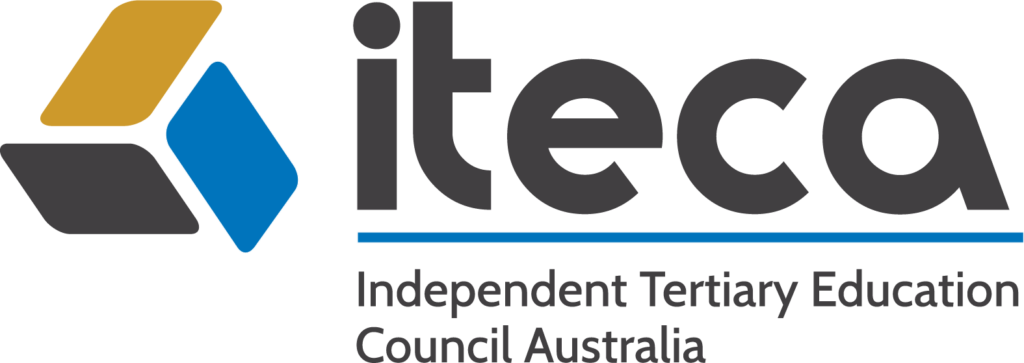Sports Coaches, Instructors and Officials coach, train and instruct participants in sports, and officiate at sporting events. Here you will learn some interesting sport coaching employment statistics.
Some of the job tasks include:
- coaching, training and instructing sportspersons by analysing performances and developing abilities
- planning and directing game strategies, developing play patterns and analysing game progress
- motivating Sportspersons and supervising practice sessions
- recruiting players and other coaching staff
- arranging entries into sporting competitions
- promoting sports and skills development, and overseeing the participation of young people in sport
- officiating at sporting events to enforce rules
- coordinating and directing sporting activities, and liaising with other officials to interpret and enforce rules and regulations relating to sport
The number of people working as Sports Coaches, Instructors and Officials (in their main job) fell over the past 5 years and is expected to grow very strongly over the next 5 years:
from 39,700 in 2018 to 47,800 by 2023. Job openings can come from new jobs being created, but most come from turnover (workers leaving). There are likely to be around 28,000 job openings over 5 years (that’s about 5,600 a year).
- Full-time: Less than half work full-time (19%, less than the average of 66%), showing there are many opportunities to work part-time.
- Hours: Full-time workers spend around 46 hours per week at work (compared to the average of 44 hours).
- Age: The average age is 23 years (compared to the average of 40 years). Many workers are under 25 years of age (56%).
- Gender: 50% of workers are female (compared to the average of 48%).
Sports Coach Job Outlook
The graph shows historical and projected employment levels (thousands) for sports coaches.
Source: *Job Outlook Government website. ABS Labour Force Survey, Department of Jobs and Small Business trend data to May 2018 and Department of Jobs and Small Business projections to 2023.
Looking ahead to the next five years, all the way up to November 2023, the sport industry is projected to experience substantial growth, specifically in the area of Sports Coaches. During this period, an impressive total of 28,000 job openings is expected to emerge, breaking down to about 5,600 opportunities each year. This surge represents what is being rated as ‘very strong growth’ for Sports Coaches. Moreover, a retrospective look at the employment data reveals that this occupation had 37,900 professionals in 2018. Encouragingly, this number has been growing strongly, and it’s anticipated to reach 47,800 by 2023.
Sports Coach Weekly Work Hours
The graph shows that the 19% of sports coaches have full time employment and work 46 hours per week.
Source: *Job Outlook Government website. Based on ABS Census 2016
Sports Coach Age Profile
In the sport industry, there is a particularly strong appeal amongst young people, specifically those between 15 and 34 years of age. As a result, it fosters a vibrant and dynamic work environment. Interestingly, the average age in this field is 23 years, which is quite young compared to the overall average of 40 years across other industries. Furthermore, it’s worth noting that a significant portion of the workforce, as many as 56%, consists of workers who are under 25 years of age.
Source: Based on ABS Census 2016, Customised Report.
Sports Coach Education Levels
Source: ABS Census 2016, Customised Report. Highest qualification completed by workers in this job (in any field of study). Qualifications needed by new workers might be different from the qualifications of workers already in the job.
What Qualifications Do You Need to be a Sports Coach?
Sports coaches need either extensive experience, or a formal qualification in a related field to work. Training may be through a VET Qualification such as the Diploma of Sport, Or Certificate II in Sport and Recreation, or through a National Sporting Organisation (NSO).
You might need to register with the relevant sporting body.
Checks, licences and tickets
You may need:
- National police check
- Working with children check
- First aid certificate
- CPR certificate
Fit Education Graduates in Action
Check out how Fit Education Graduates are making a differences in people’s lives and kicking goals on Fit Education tube.






